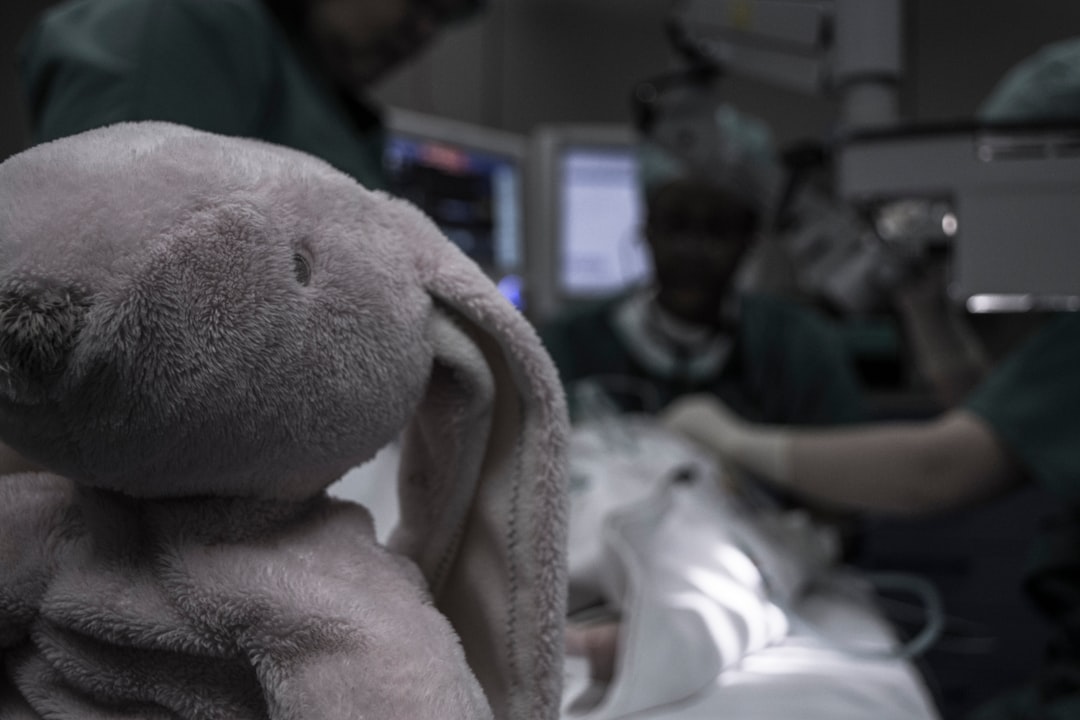What Giving $2.50 to a Children's Hospital Can Teach You about Money
The surprising way penny-pinching robs you of happiness

“There are those who give with joy, and that joy is their reward.”
– Khalil Gibran
Welcome to the first installment of the Buying Happiness series, where you’ll learn how to use money to live a happier life.
Read to the end of this post to learn:
Why spending money on others can make you happy.
The specific conditions in which spending on others will or won’t make you happy.
Why obsessive penny-pinching robs you of joy.
Will spending money on other people make you happier?
A 2020 study explores the question, “Does Spending Money on Others Promote Happiness?”1 The researchers ran two experiments to answer that question.
In the first experiment, 750 college students were given a voucher for a snack bag of chocolate and juice worth $2.50. Then those 750 students were randomly assigned to use that voucher to buy a snack for themselves or donate to a local children’s hospital.
The crucial detail in the experiment is the people who were told to spend the money on themselves did not know that other people were told their snacks would be donated and vice versa.
The people who were told the snacks were for them received a note that read, “Thanks for your purchase! Your items will be available for pickup at the end of the study!”
Those assigned to donate the snacks received a note reading, “Thanks for your purchase! Your items will be donated to a sick child at Children’s Hospital at the end of the study!”
At the end of the study, all 750 students were given the option to take the $2.50 cash value rather than receive or donating their treat bag.
Unsurprisingly, those who decided to donate the treats to sick children reported greater happiness than those who received the treat bag or cash value for themselves.
In the second study, 1,950 participants were randomly asked to provide a memory where they either spent $20 on themselves or someone else.
The people who recalled spending $20 on themselves were equally as happy as those who remembered a time spending on someone else.
The big question is why those who gave money were not happier like they were in the first experiment?
The answer to that question reveals the exact conditions in which spending money on other people makes us happier.
The researchers examined the seemingly conflicting results of the two experiments and developed a theory that helps explain when spending on others makes you happy.
Giving to others makes you happier, but only if you feel a vivid connection with the person you are giving to.
In the first experiment, students who gave away their treat bags knew that those treats were being given to a sick child in the hospital. Just saying that sentence out loud, “giving candy to a sick child in the hospital,” instantly conjures a vivid image in the mind.
In the second experiment, people were simply asked to recall a time they spent money on someone else. With that kind of vague description, you aren’t likely to conure a vivid memory or meaningful connection.
The first charity I gave to consistently was the Sick Kids Hospital in Toronto. I set up a monthly donation to be automatically charged to my credit card. The first time I set up that monthly donation, I felt great pride knowing I was now playing a small part in helping kids in need.
I recall a mental picture in my mind of a sick kid in a hospital bed holding a teddy bear and receiving the treatment they needed. It was a good thing to do, and doing it made me feel like a good person.
But, after six months, I felt… nothing.
Since my donations were automatic, they became just another line item on my credit card statement. I went from imagining kids receiving lifesaving treatments to looking at the donation the same way I do the electricity bill.
Except, every once in a while, I get a thank you letter or an email from the Sick Kids Hospital like this:


